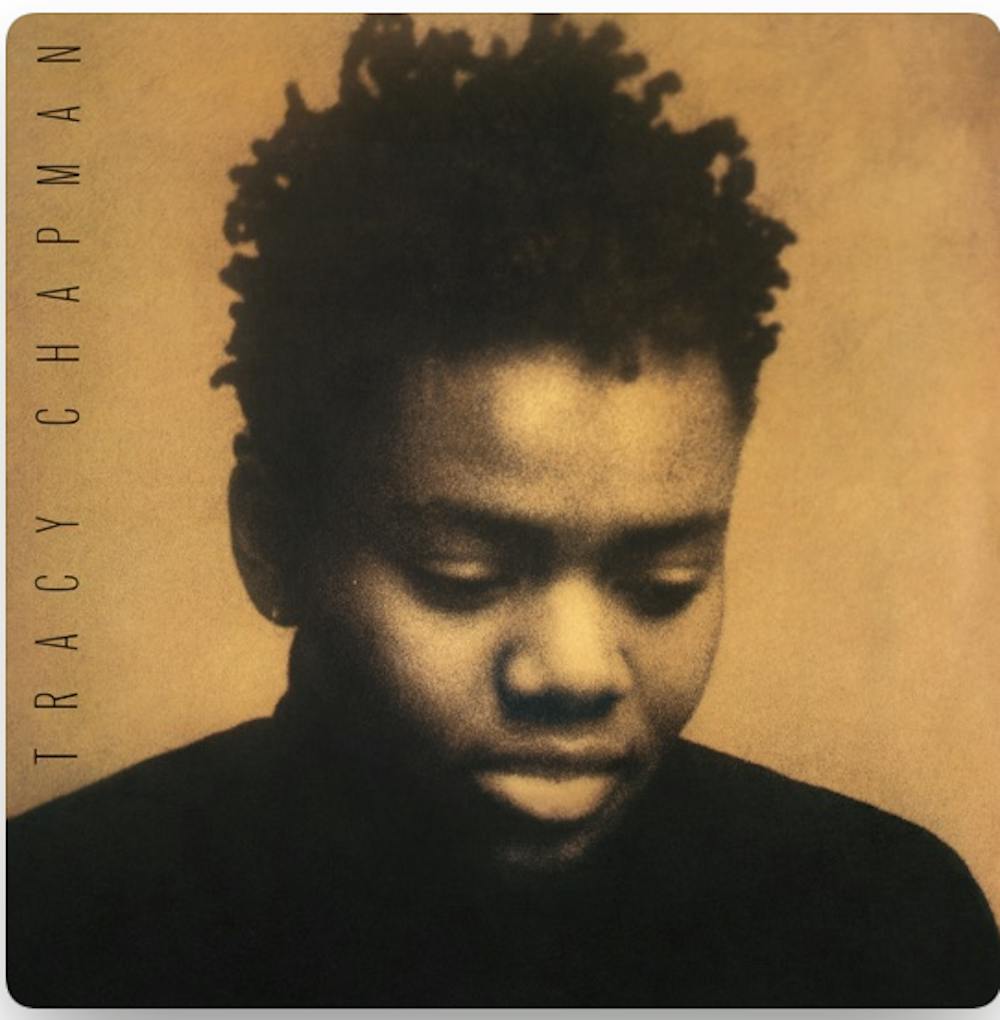In “Fast Car,” Tracy Chapman beautifully encapsulates the emotion behind enduring adverse childhood experiences and perpetuating the cycle by following the same trauma from childhood to adulthood.
Family and community trauma cause adverse childhood experiences, altering brain physiology and function during development. These physiological and functional changes cause individuals to be statistically more likely to have bad habits and be in situations that cause further trauma to themselves and others.
At the beginning of “Fast Car,” the listener learns the subject grew up in a home with an abusive and alcoholic father.
She has nowhere to turn except for a significant other who is her escape from her terrible living situation. This person says they will take her driving to make her feel better when she needs it most.
Each verse begins with the hook “you have got a fast car” followed by an eloquent description of the phase she is at in her relationship, then the refrain “leave tonight or live and die this way.”
At the beginning of the song, she is optimistic, explaining how they will move away from the place she hates and causes her pain. They will get better jobs and start a life together.
The following verses explain their life together.
The significant other who she is working to build this life with is unemployed and not contributing to her aspirations of moving and making a better life. Despite these warning signs, Chapman goes into the chorus about driving trips with her significant other and the happiness that they brought her.
Throughout each verse of the song, the narrator is coming to terms with the fact that the significant other is never going to change and become the person she thought they were.
It is revealed in the last verse that the significant other is a deadbeat and manipulative alcoholic like her dad, leaving her in the same situation she had growing up. The last line of the song is the refrain “still gotta make a decision, leave tonight or live and die this way.”
This song accurately encapsulates the difficulty of escaping cycles of trauma. Even though the narrator of the song knows she is stuck in a bad situation, she is not committed to leaving.
“Fast Car” is more than a catchy song. It is an emotionally heavy statement on the cycle of trauma and abuse. Without proper intervention, help and resources, the downward cascade of trauma will continue to relapse in families and communities.
Adverse Childhood Experiences is an “illness” with no borders or limits. If children and families are not educated on what behaviors and situations cause ACEs and where they can get help, the cycle may never end.
If communities do not begin to create resources, programs and interventions, more and more people will endure trauma. Caring adults outside the family who serve as role models through after-school programs can have a great impact.
“Fast Car” by Tracy Chapman is a poignant portrayal of hope, struggle and the desire for escape in the face of a difficult relationship.
The lyrics depict the protagonist’s yearning for a better life, symbolized by the “fast car” they dream of driving away in. The relationship itself seems to be characterized by manipulation and disappointment, yet there’s a sense of resilience in the protagonist’s determination to break free and find something better.
This article was edited by Clair Sapilewski, Sara Winick and Abigail Turner. Copy editing done by Luna Jinks, Sydney Kornmeyer and Charlie Mennuti.





